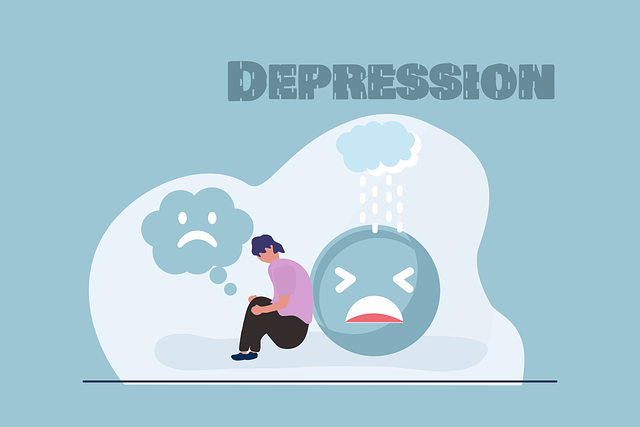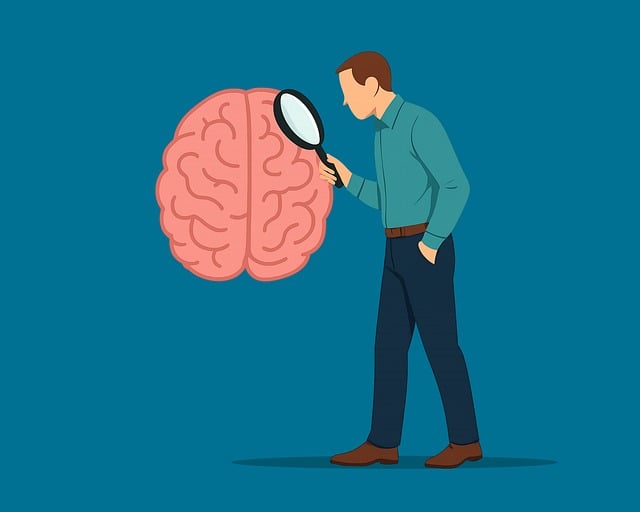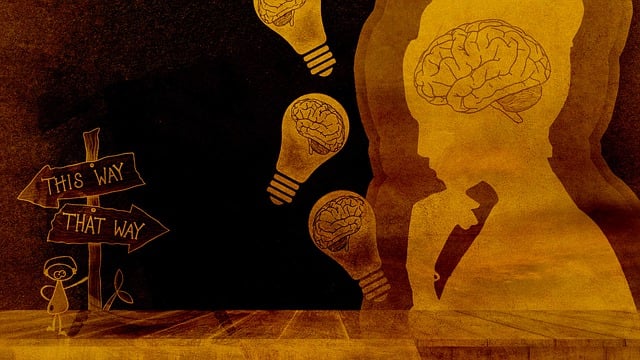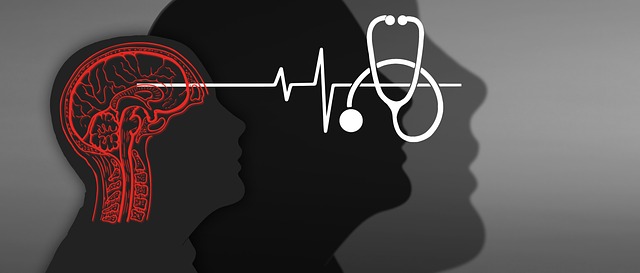Diagnosing mental illness in pediatric chronic pain patients is a complex task due to unique presentations and the interplay between physical and mental health. Mental health professionals require specialized knowledge in pediatric psychology and medicine, along with strategies to manage practitioner burnout. Holistic care approaches, such as therapy focused on inner strength and mindfulness, comprehensive assessments including social skills training, and tailored communication strategies are essential for accurate diagnosis and effective therapy for children chronic pain. Biases in assessment methods and a lack of age-appropriate interventions can lead to misdiagnosis; thus, crisis intervention guidance is crucial. Incorporating these strategies ensures more precise support for the mental well-being of young patients with chronic pain.
Mental illness diagnosis accuracy is paramount, especially in pediatric chronic pain patients where mental health issues often present uniquely. This article delves into the complexities of this challenge, exploring diagnostic gaps and potential biases in current assessment methods. We present innovative approaches to enhance accuracy, including advanced techniques, technological integrations, and training for healthcare professionals. Additionally, we discuss personalized care strategies tailored to children with chronic pain, focusing on therapy, familial involvement, and long-term follow-up support to foster sustained recovery and resilience.
- Understanding the Challenges: Uncovering the Complexities of Mental Illness Diagnosis in Children
- – Exploring the unique presentation of mental health issues in pediatric chronic pain patients.
- – Discussing diagnostic gaps and potential biases in current assessment methods.
Understanding the Challenges: Uncovering the Complexities of Mental Illness Diagnosis in Children

Diagnosing mental illness in children presents unique challenges that require a nuanced approach. The complexity lies in the fact that young minds are still developing, and symptoms can often be subtle or misattributed to typical childhood behaviors. For instance, what might seem like chronic pain could be a physical manifestation of anxiety or depression, highlighting the intricate relationship between physical and mental health. This interplay is especially pertinent when considering conditions like chronic pain disorders in children, which may mask underlying mental health struggles.
Professionals in the field face the daunting task of navigating these complexities, requiring comprehensive training in both pediatric psychology and medical understanding. Burnout prevention among mental health professionals is a pressing concern, as it directly impacts their ability to provide accurate diagnoses and effective therapy for children experiencing chronic pain or other mental health challenges. Implementing risk management planning and self-awareness exercises can enhance practitioners’ skills, ensuring they stay attuned to the unique needs of young patients.
– Exploring the unique presentation of mental health issues in pediatric chronic pain patients.

Mental health issues in pediatric chronic pain patients often present uniquely, challenging traditional diagnosis methods. Children experiencing chronic pain may exhibit signs such as irritability, withdrawal, or even aggression, which can mask underlying emotional distress and mental health disorders. These complex cases require a nuanced approach to understanding their symptoms and experiences. For instance, a child suffering from chronic abdominal pain might not initially disclose emotional troubles but could benefit greatly from therapy focused on inner strength development and mindfulness meditation.
A comprehensive assessment involving various therapeutic techniques can significantly improve diagnosis accuracy. Social skills training, for example, can help identify and address social and communication challenges often associated with mental health issues in this population. By employing these specialized therapies alongside traditional pain management strategies, healthcare professionals can better support pediatric chronic pain patients, ensuring they receive holistic care that addresses both their physical and mental well-being.
– Discussing diagnostic gaps and potential biases in current assessment methods.

The current assessment methods for mental illness diagnoses often face significant gaps and potential biases, particularly when dealing with children experiencing chronic pain. Traditional therapy for children with persistent pain may overlook underlying psychological factors, leading to misdiagnoses or delayed treatment. Biases in assessment tools can be influenced by cultural differences, age-related limitations, or the subjectivity of symptom reporting, affecting the accuracy of mental health evaluations.
Effective communication strategies and risk assessment protocols are essential for mental health professionals to address these challenges. Crisis intervention guidance tailored for pediatric patients with chronic pain can significantly improve diagnostic accuracy. By incorporating these approaches, healthcare providers can enhance their understanding of complex patient presentations, ensuring more effective support for children’s mental well-being.
Accurately diagnosing mental illness in children, especially those with chronic pain, is a complex challenge that requires a multifaceted approach. By recognizing the unique presentations and addressing diagnostic gaps through more inclusive assessment methods, we can significantly improve the accuracy of mental health evaluations for pediatric chronic pain patients. Enhanced diagnosis paves the way for tailored therapy for children chronic pain, ultimately leading to better outcomes and improved quality of life for these vulnerable individuals.








